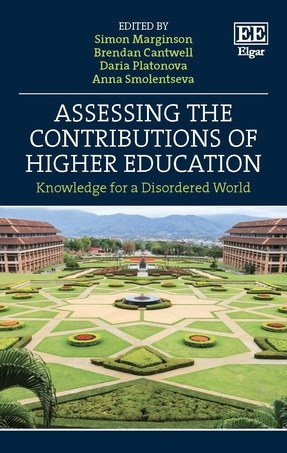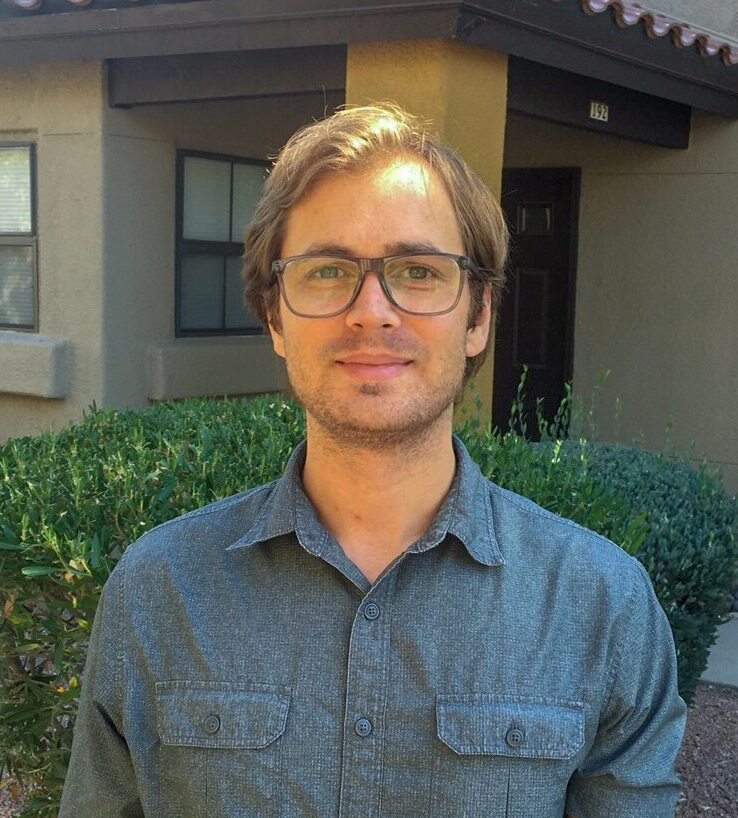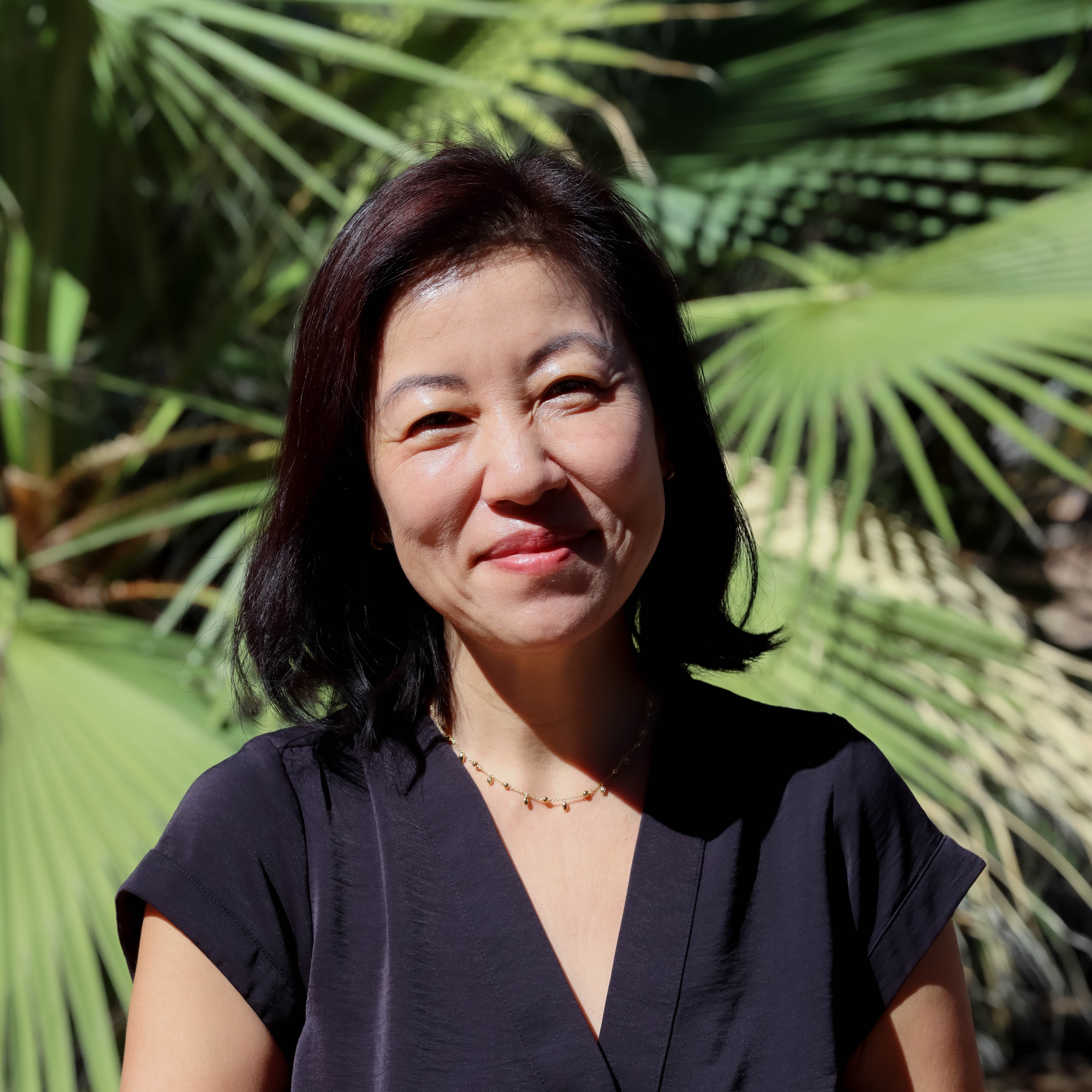The contributions of higher education 2: Contributions to government and to global science
- Glen A. Jones, University of Toronto, Canada
- John P. Haupt, University of Arizona, United States
- Jenny J. Lee, University of Arizona, United States
Event Materials
This event is now archived and we are pleased to provide the following event media and assets, along with the original event overview.

Leading off in the second webinar in our CGHE series on the multiple contributions of higher education, Glen Jones in ‘The professoriate and public policy’ discusses the contributions of institutions to public policy, which are extensive in many countries. The chapter explores the range of interactions between the professoriate and government in almost every sector of government policy activity. It begins by establishing a basic framework for analysis, focusing on the sectoral nature of public policy, the role of policy networks, the organizational structure of universities, academic work and the specialization of knowledge. It then explores three types of interaction between the professoriate and government: as advisors/consultants to government, as advisors/consultants to other policy networks, and as members of an attentive public. The chapter discusses key challenges in each of these types of interaction, and how they contribute to public policy.
In ‘US-China collaboration in science for the global common good’, John Haupt and Jenny Lee note that researchers from China and the United States (US) are the two largest producers of global scientific publications, and works co-authored by Chinese and US researchers are by far the largest body of collaborative work in research. This collaboration plays a central role in the collective common good that is constituted by global science. The chapter examines the growth in measures of US-China bilateral and multilateral collaborations between 2001 and 2020 and examines patterns by field of study. China-US research outputs are mostly bilateral rather than multilateral – in terms of finance and research leadership the US is more dependent on China than vice versa – but the growth of China-US collaboration is associated with an increase in network connectedness and ‘density ‘ in which the evolution of China-US ties resembles larger trends in the rapidly growing global science system. However, the growing political disruption of US-China research collaboration might undermine this major contribution to the global common good.
About the CGHE webinar series on ‘Assessing the contributions of higher education’

- Assessing the contributions of higher education (2023), published by Edward Elgar can be downloaded free at: https://www.elgaronline.com/edcollbook-oa/book/9781035307173/9781035307173.xml
In this CGHE webinar series the authors of the newly released Edward Elgar book Assessing the contributions of higher education (edited by Simon Marginson, Brendan Cantwell, Daria Platonova and Anna Smolentseva) present ideas from their chapters and engage the participant audience on the key topic of how we can better understand – and improve – the contributions that higher education makes to societies across the world.
Despite the broad engagement of higher education institutions in most social sectors, limited thinking and hyper-individualistic approaches have dominated in discussions of their value to society. Advocating a more rigorous and comprehensive approach, Assessing the contributions of higher education discusses the broad range of contributions made by higher education and the many issues entailed in theorising, observing, measuring and evaluating those contributions.
Prepared by a group of leading international scholars, the chapters of Assessing the contributions of higher education investigate the multiple interconnections between higher education and society and the vast range of social, economic, political and cultural functions carried out by universities, colleges and institutes and their personnel. The benefits of higher education including employable graduates, new knowledge via research and scholarship, climate science and global connections, and the structuring of economic and social opportunities for whole populations, as well as work and advice for government at all levels. Higher education not only lifts earnings and augments careers, it also immerses students in knowledge, helps to shape them as people, and fosters productivity, democracy, tolerance and international understanding. International and interdisciplinary in scope, the book highlights the value added by higher education for persons, organisations, communities, cities, nations, and the world. It also focuses on inequalities in the distribution of that value, and finds that the tools for assessing higher education are neither adequate nor complete as yet. All of these themes and issues will be presented in the CGHE webinar series.
The underlying collaborative research project took place in 2018-2021 and was part funded by the Higher School of Economics in Moscow, Russia, prior to the Russia/Ukraine war. The research also overlaps with the investigation in CGHE’s research project on ‘The public good role of higher education in ten countries: a comparative approach’.
You need to register individually for each webinar in the series. You can register for the other webinars in the series here.
Booking
You will need to register to join this webinar. Please register here




